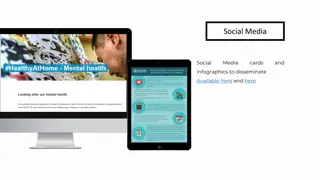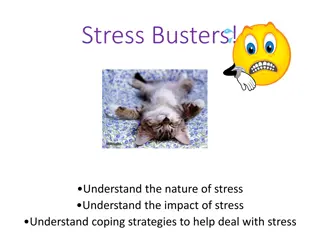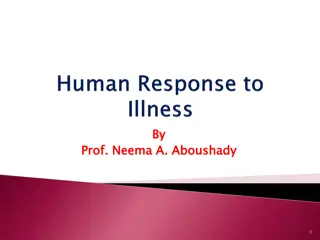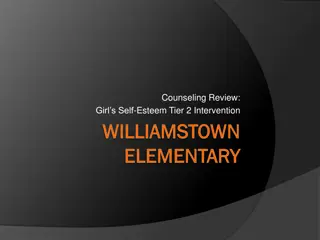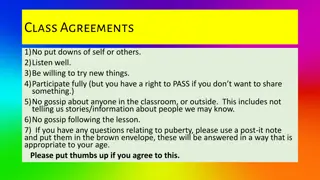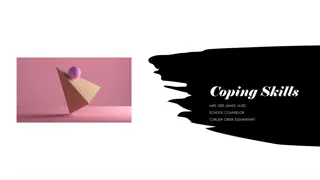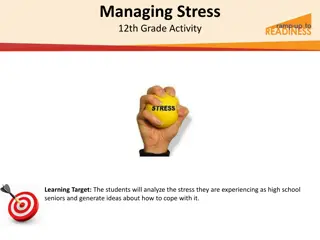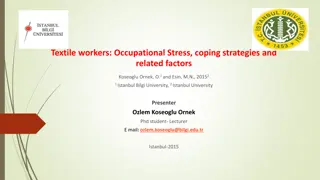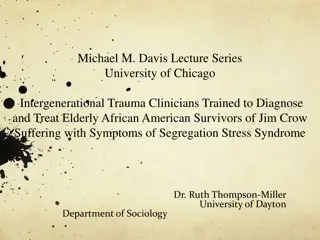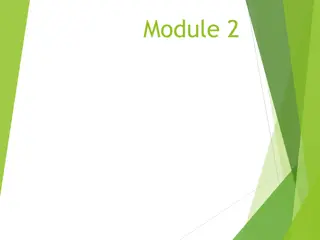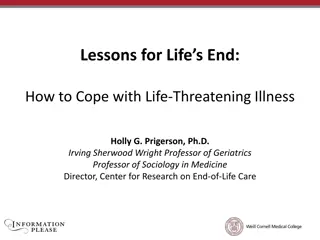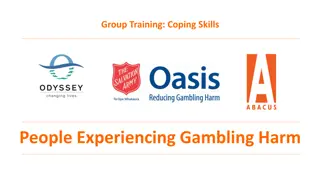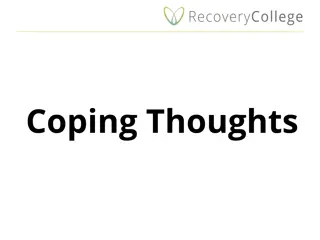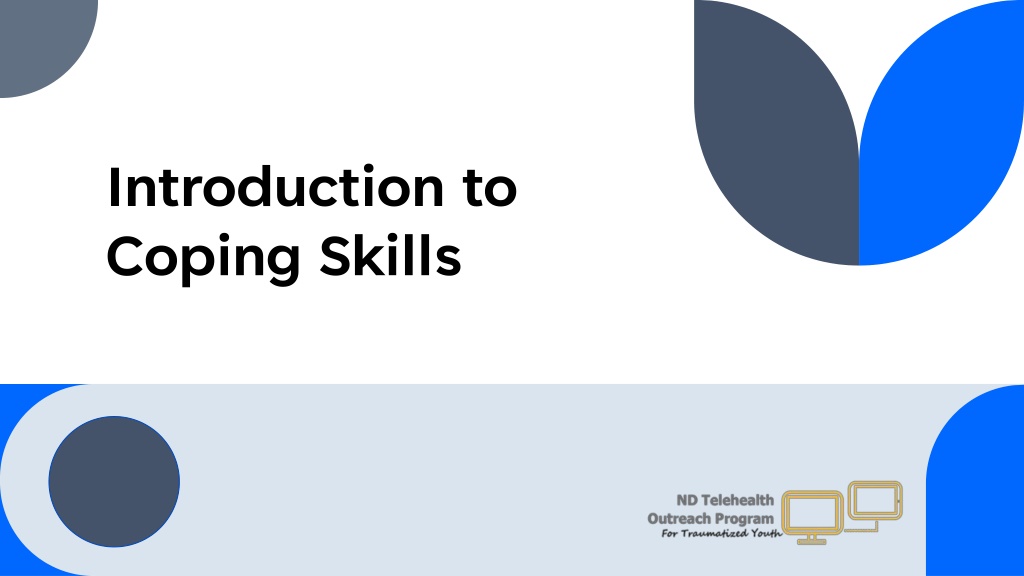
Exploring Coping Skills for Better Resilience
Discover a range of coping skills to help manage trauma and difficult situations. Learn about relaxation techniques, emotional release, and shifting mindset to build resilience and handle challenges effectively.
Uploaded on | 1 Views
Download Presentation

Please find below an Image/Link to download the presentation.
The content on the website is provided AS IS for your information and personal use only. It may not be sold, licensed, or shared on other websites without obtaining consent from the author. If you encounter any issues during the download, it is possible that the publisher has removed the file from their server.
You are allowed to download the files provided on this website for personal or commercial use, subject to the condition that they are used lawfully. All files are the property of their respective owners.
The content on the website is provided AS IS for your information and personal use only. It may not be sold, licensed, or shared on other websites without obtaining consent from the author.
E N D
Presentation Transcript
Introduction to Coping Skills
During counseling we will be learning lots of information to help you cope with trauma. Counseling can t make the bad things that happened go away, but we can help you learn new skills to deal with what happened. These skills can be used for all kinds of difficult situations and help you build resiliency.
Which Skills Do You Already Use? Emotional/Physical Release Shifting Mindset/Thoughts Relaxation Skills Healthy Habits Building Resiliency Skills Mindful Distraction Groundings Skills Asking For Help
Relaxation Relaxation is about feeling calm and peaceful. After upsetting/confusing events happen, we often feel tense, jumpy, and worried. We feel better when we learn to relax our bodies and minds! This can include: Deep breathing Tensing and relaxing your muscles Visualizing a peaceful place Stretching or yoga Other things that help calm you Relaxation Skills What do you do to Relax?
Feelings Feelings are what we feel in our bodies and hearts. There are many different feelings that we have, and our feelings may change from moment to moment. Sometimes we even feel two or more feelings at the same time! This can include: Talk about what is bothering you Rate your feelings Write about your feelings Let yourself cry Scream into a pillow Emotional/Physical Release What do you do to deal with your emotions?
Thoughts Thoughts are the ideas we have in our heads. Sometimes we all have thoughts that either aren t true or aren t helpful. Shifting those thoughts can help you feel better about the situation and can also change our next behavior. Shifting your thoughts can look like: Noticing and challenging negative and unhelpful thoughts Flipping your thoughts Encouraging yourself through difficult moments Noticing things you are grateful for Adopting a growth mindset Shifting Mindset/Thoughts How do you handle your negative thoughts?
Healthy Habits Healthy Habits are things you do throughout your day to keep you strong and healthy. These can be things that assist with your physical, emotional or spiritual wellbeing. Including: Get good sleep Practice self-compassion Eat healthy/exercise Use good communication skills Avoid Alcohol and drugs Build a good support system Healthy Habits What healthy habits do you have?
Mindful Distractions Mindful distractions can help shift your thoughts and emotions when you are being triggered. If your feeling triggered by a thought, try these things: Creative outlets like writing, art, music, building, etc. Read a book Turn on TV or watch a video Do a puzzle or playing a game Play with a pet Mindful Distraction What distractions do you use to help you cope?
Grounding Skills Grounding Skills help control trauma symptoms by turning attention away from thoughts, memories, or worries, and refocusing on the present moment. These things can you move through distress: Practice mindfulness Use your senses Self Soothe Observe details of an object Focus on your breathing Grounding Skills Try one now!
Building Resiliency Skills Building Resiliency Skills can help you bounce back from adversity and help you be successful in many areas of life. Resiliency Skills include: Setting and working towards goals Focusing on your strengths Discovering your purpose/passion Practicing Flexibility Practicing Optimism Using problem solving skills Building Resiliency Skills What resiliency skills do you already have, which ones do you need to work on?
Asking For Help Asking for help is strength! Coming to counseling is the right step. Building a network of people you can trust and count on will help you get through this process. This circle of support can be: Talk to your counselor Visit with supportive friends, family or teachers Join a support group Building Resiliency Skills Who is in your circle of support?
What are some other things you think we can use to cope?
Which Skills Are You Excited to Try? Emotional/Physical Release Shifting Mindset/Thoughts Relaxation Skills Healthy Habits Mindful Distraction Groundings Skills Asking For Help Resiliency Skills



